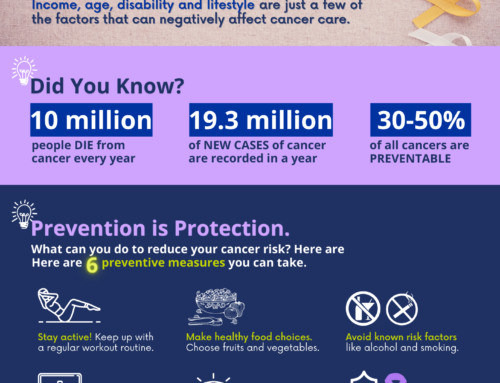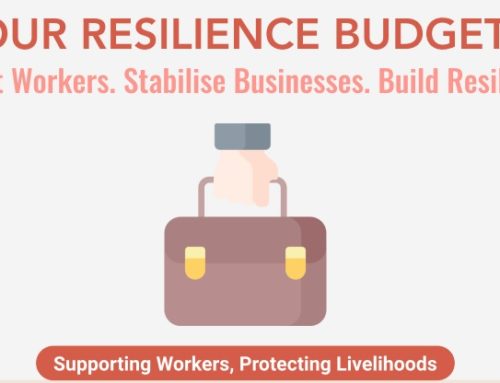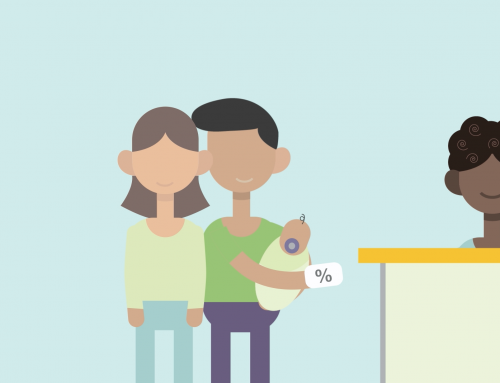About a month ago, my colleague Dennis Chan shared with readers the huge difference having health insurance made when it came to paying for the costly surgery needed to treat his daughter’s scoliosis. I would like to share with you some basic mistakes that I have made, despite having a private health insurance plan, that have cost me thousands of dollars.
I thought I knew the plan – but I really didn’t
In February, at a neighbourhood doctor’s clinic, I heard the words no one wants to hear – there’s a growth and it could be cancerous. My son, 14, had this pea-size red lump on his back. I wanted it checked as soon as possible and an appointment with a private specialist, instead of one at a government hospital, could be made in days instead of a month or more. Guess which one this worried mum opted for?
The treatment over six weeks, involving freezing and cutting out the growth, having it tested and treating what turned out to be an unusually large, but non-cancerous, moluscum, cost $2,577 in all.
Now, my family has Integrated Shield plans with a private insurer which gives free cover for my three children (up to 20 years of age) as long as both parents are covered. Day surgery is included. And we have riders which cover the co-insurance portion of the bill, so, after the Medisave deduction, there should be no “out-of-pocket” expenses.
But I was out of pocket for the full amount – for two reasons.
One, my child was eligible for a lower plan than his insured parents, entitling him as-charged coverage up to only a B1 class ward at a government hospital. As his surgery was done in a private clinic, the claimable amount came to just 50 per cent of the bill. Two, there was a higher annual deductible for day surgery of $3,000 and my claimable amount was below that.
The insurer changed the conditions of my plan – and I got caught out
Another of my children had to be hospitalised in March at the Singapore General Hospital.
Our private insurance plan covered the entire bill of $1,908 for the 12-day stay at a Class C ward. But my child needed serious post-hospitalisation outpatient treatment which was available only at a private clinic and which came up to $11,261.
After what happened with my son’s insurance claim, I read carefully the policy document to ensure that my daughter’s post-hospitalisation treatment, which comes under “special benefits” in her insurance plan, would be covered before we went ahead with it.
But after submitting my claim, I received a letter that said, very starkly, that my expenses were “not covered” because “the pre-hospital and post-hospital treatment are not coverable under special benefits”.
This was the result of changes to the policy and rider the insurer had made. Unfortunately, they had sent the letter informing of the changes to an old address and we had not received it. Our fault, as we had not informed the insurer of our new address until months later.
What I should have done
Dealing with insurance plans with their complicated conditions and clauses and exceptions is a potential minefield and even savvy, careful people get it wrong.
If I was advising readers what to do to avoid my costly mistakes, I would say:
a. Don’t assume you understood all the definitions, conditions, benefits and exclusions in your plan. Have it all explained to you again 10 years down the road, when you actually need to make a claim and have forgotten most of what you were told or never had to work out.
b. Make sure that not just your premium payments are up to date, but that you are up to date with all the changes to your policy conditions and benefits. This involves updating your address with the insurer promptly.
c. Meet your insurance agent in person to look over your plan and discuss what it will actually cover of the likely expenses in your particular medical need.
Often conversations over the phone on the insurer’s hotline are not enough because both sides are making assumptions about their knowledge of the plan or situation.
It’s not rocket science – so why didn’t I do all of the above?
If you have hang-ups about money – they could cost you dearly
We often read in the papers about smart, successful people who get into financial difficulties. Education and age do not insure you against being bad with money.
I think the often poor way I deal with personal finances stems from my childhood, when there was never enough money to go around. We lived in an attap house in Siglap, where I shared a bed with my grandmother and my younger brother. When I couldn’t afford to buy that textbook in school, I would just lie and tell my teacher I forgot to bring it to school.
So growing up, money was a constant source of stress and worry and my family’s way of dealing with it was to ignore it, avoid it or just hope for the best.
It’s a trait that has stuck with me.
If you, like me, avoid dealing with the financial issues, you may have hang-ups about money that could prove costly.














Recent Comments